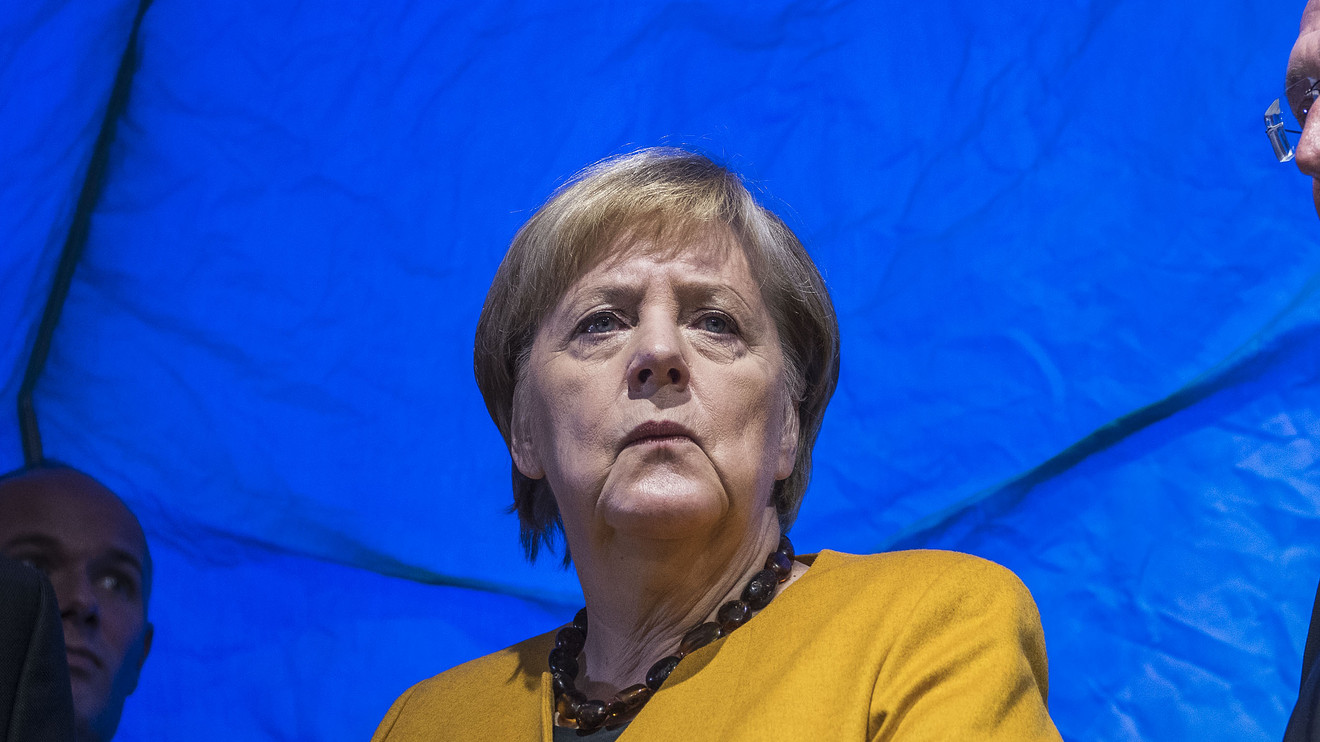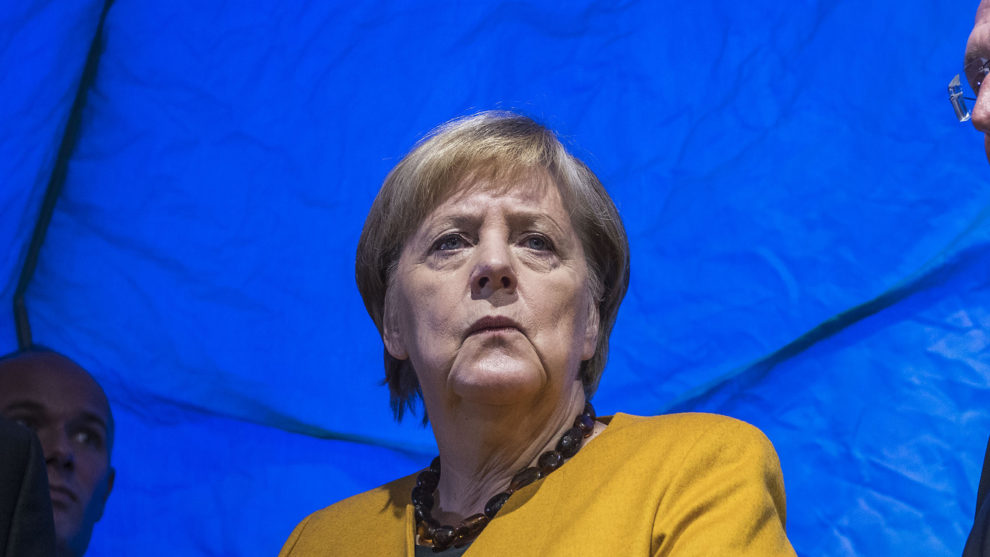
The eurozone economy keeps slowing — forecasts are regularly proving to be too optimistic. After its latest cut to GDP estimates, the European Central Bank now sees gross domestic product growing 1.1% this year and 1.2% in 2020, compared with projections issued in June for 1.2% GDP in 2019 and 1.4% in the following year. Europe faces a double whammy of uncertainties both foreign — slowing world trade brought about by U.S. tariffs coupled with the threat of further escalation — and domestic, the increasing possibility of a no-deal Brexit.
The ECB, as well as all major international organizations such as the International Monetary Fund or the Organization for Economic Cooperation and Development, have called for a major fiscal stimulus to avoid Europe’s current slowdown turning into a recession. Divided European governments have so far played deaf to these calls, for various reasons.
The numbers
The German economic ministry said Monday that domestic factory orders continued to fall in August – by 0.6% – on a sudden drop of domestic demand, despite a higher-than-usual number of working days that month. The eurozone’s largest, and, until this year, most dynamic economy is flirting with recession. The country’s leading economic institutes see growth this year at 0.5%, and 0.6% in 2020. Recession in the manufacturing sector is now spilling over to services.
Meanwhile the eurozone, as the world’s most open economy, is feeling the pain of trade-war tensions. Inflation in the area declined yet again, to an annual 0.9% in August, well below the central bank’s official target of nearly 2%.
The case: needed and affordable
A fiscal stimulus in the eurozone is both needed and affordable.
Monetary policy was eased yet again last month with even lower negative rates and a new asset-buying program announced by the ECB. As the central bank President Mario Draghi noted, all of the European recovery in the last few years can be attributed to monetary policy. But the looser the ECB policy becomes, the harder its unintended consequences, notably on the banking sector.
Meanwhile, fiscal policy remains roughly neutral. The eurozone’s aggregate fiscal deficit last year amounted to 0.5% of GDP, according to EU statistics institute Eurostat. In an era where interest rates are near zero or even negative, more borrowing doesn’t necessarily increase the debt load, as Olivier Blanchard, the former IMF chief economist, has noted.
More spending would also be needed across the eurozone, in the form of public investment on infrastructure, the green transition, or tools to integrate the monetary union further, such as a joint unemployment insurance scheme or a bank deposit guarantee.
The obstacle: politics
The countries with high levels of public debt – Italy (more than 130% of GDP) or France (nearly 100%) can’t go on a borrowing binge, even with ultralow interest rates. And the countries where debt has shrunk fast in the latest years – the Netherlands or Germany – are reluctant to spend more. In the case of Germany, a double lock – a constitutional “debt brake” and a political agreement to balance the budget – prevent a significant stimulus.
But the main obstacle is more political than financial. At the eurozone level, proposals to create a joint budget, to serve as a tool in times of crises, have run aground. And in Germany, neither of the two parties of the ruling coalition wants to appear as the one that would advocate giving up the balance-budget pledge – the so called schwarze null, “or Black Zero.” Even if it may be desirable and advocated by most experts, including those from Berlin, a fiscal boost would be unpopular in a country of thrifty savers.
The irony is that the eurozone owes part of its greater fiscal flexibility to the central bank’s policy. Lower interest rates mean that governments spend less on interest payments, which have gone down by about 3% of revenue both in France and Germany, notes Erik Nielsen, chief economist at UniCredit.
So the odds are that European governments will wait until the slowdown degenerates into a serious crisis before they act. And then, they might not even do so in concert.











Add Comment